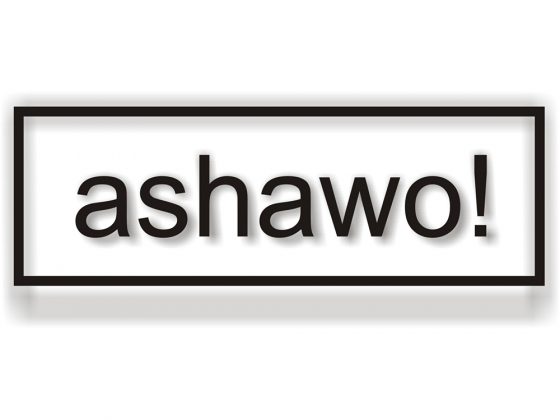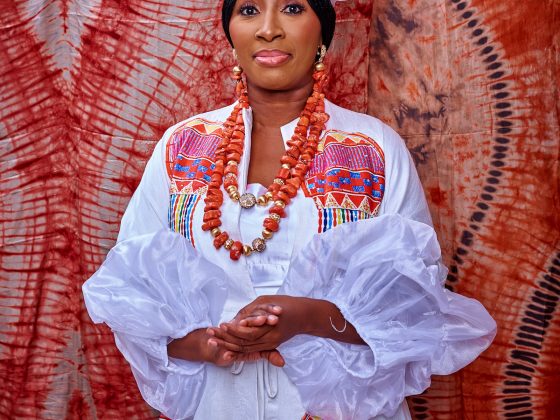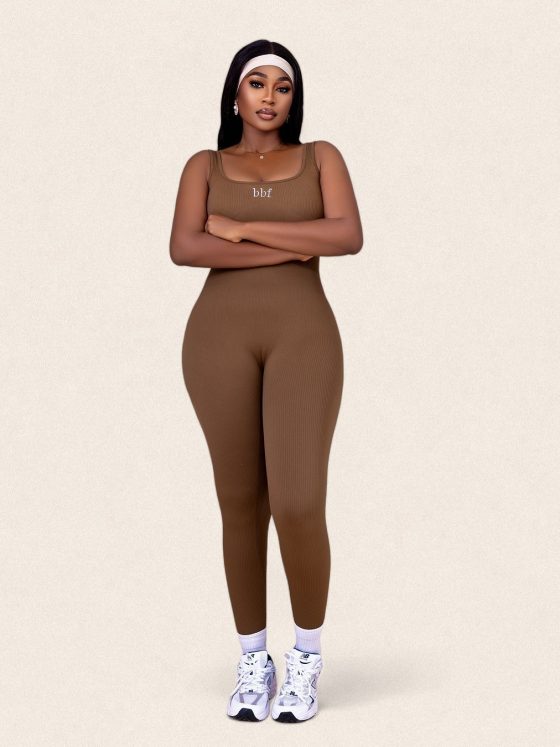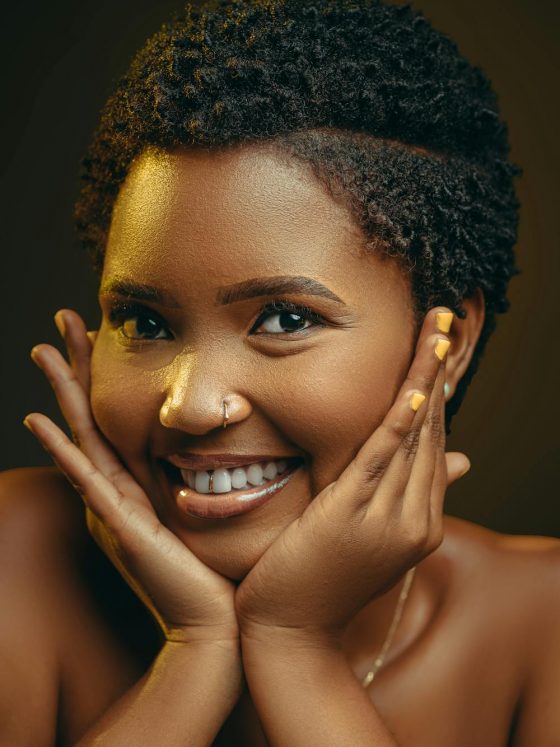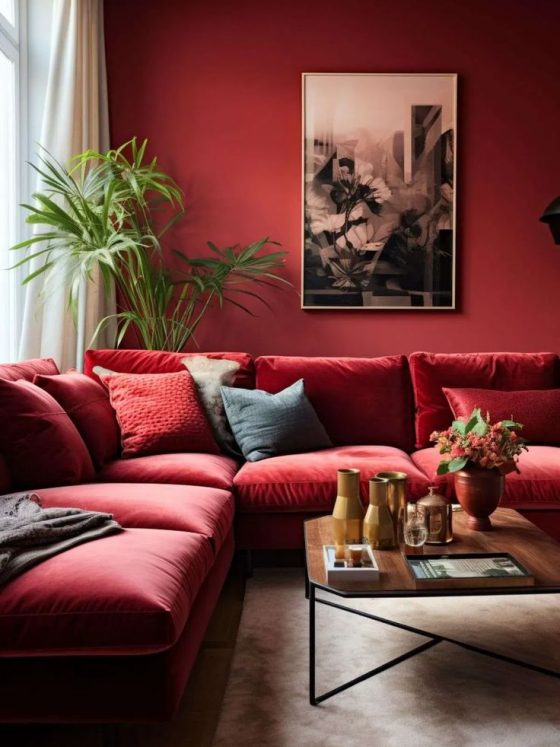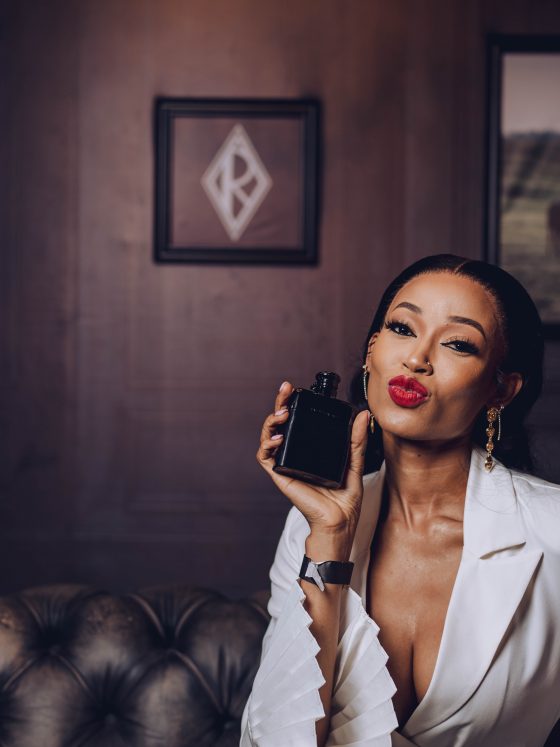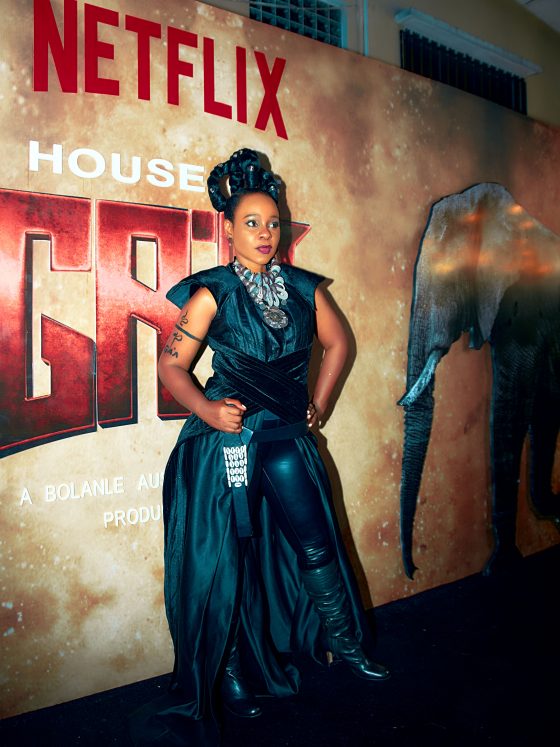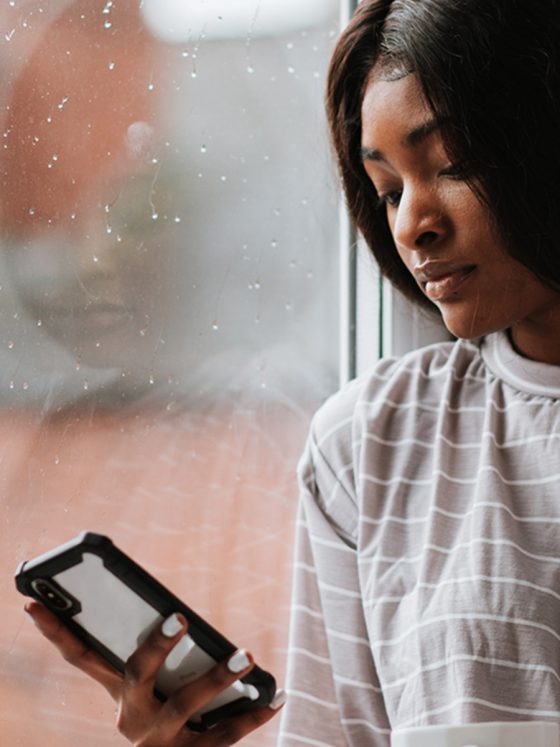The concept of “pretty privilege” isn’t new, but it has increasingly become a subject of discourse in academic circles, social media, and everyday conversations. At its core, pretty privilege represents the unspoken but powerful advantages bestowed upon individuals who fit society’s standards of physical attractiveness. Like many other forms of privilege, it is unearned, pervasive, and impactful on various life outcomes, ranging from personal relationships to professional success. However, this concept tends to be a bit more insidious because its effects are often less explicit, less easily quantified, and less frequently challenged than other forms of systemic inequality.
If you’ve ever walked into a room and felt eyes gravitate towards you, or if people seem unusually eager to assist you in stores or strike up conversations with you at parties, there’s a chance that you’ve experienced pretty privilege. In a world where first impressions often hinge on appearance, beauty can serve as a golden ticket, easing one’s journey through many social interactions and opportunities. Whether getting a free drink at a bar, landing a job interview, or simply receiving a smile from a stranger, these seemingly minor benefits accumulate over time to form a substantial advantage.
To understand pretty privilege, it’s important to recognise that standards of beauty are not universal but are shaped by cultural, historical, and media influences. This makes it a complex and often controversial subject because not everyone agrees on what constitutes attractiveness. Beauty norms can differ dramatically between cultures and even between social groups within the same culture. Yet despite these complexities, certain physical traits, often perpetuated by mass media and societal narratives, become accepted as universally desirable, furthering the advantage for those who possess them.
People who benefit from pretty privilege often find doors opened for them that remain closed or less accessible to others. Studies have shown that attractive individuals are more likely to be hired, receive higher salaries, and be evaluated more positively in the workplace. In the legal system, they are more likely to receive lighter sentences. In education, teachers often hold more favourable expectations for attractive students, which can become a self-fulfilling prophecy, impacting these students’ academic performance and future opportunities.
Interestingly, pretty privilege isn’t confined to interactions with the opposite sex; it’s also prevalent in same-sex interactions. For instance, research shows that women, not just men, exhibit preferential treatment towards attractive women. Likewise, attractive men benefit from the biases of other men. This makes the issue not just a consequence of sexual or romantic attraction but a more deeply rooted aspect of human psychology and social dynamics.
One of the criticisms against discussing pretty privilege is the perception that it undermines personal achievements. The notion that one’s success could be even partially attributed to physical attractiveness can feel like an invalidation of hard work, talent, and merit. But acknowledging the existence of pretty privilege doesn’t negate merit; it merely provides a fuller understanding of the complex factors contributing to success or failure. Moreover, acknowledging this form of privilege can help us confront it, much like acknowledging racial or economic privilege allows for more equitable policies and social practices.
At this time, it’s crucial to remember that pretty privilege, while conferring advantages, is not an impenetrable shield against other forms of discrimination or hardship. One can benefit from pretty privilege while simultaneously being disadvantaged by racial, economic, or gender biases. Privileges and disadvantages often coexist in a complex web, making any single individual’s experience multi-faceted and unique.
The term ‘privilege’ often elicits defensive reactions, as people tend to interpret it as an accusation or a diminishment of their struggles and achievements.
The aim of discussing pretty privilege isn’t to accuse or belittle but to illuminate an often-overlooked aspect of social inequality. By understanding how systemic biases favour certain physical traits, we can start to challenge these prejudices both within ourselves and within our institutions. The conversation surrounding pretty privilege is still evolving. As we become increasingly aware of the different forces shaping our lives, there is value in scrutinising how something as arbitrary as physical attractiveness can significantly impact our experiences and opportunities. Ignoring it won’t make it go away; rather, conscious recognition is the first step towards creating a more equitable society where worth is not measured in beauty but in authenticity, capability, and character.


